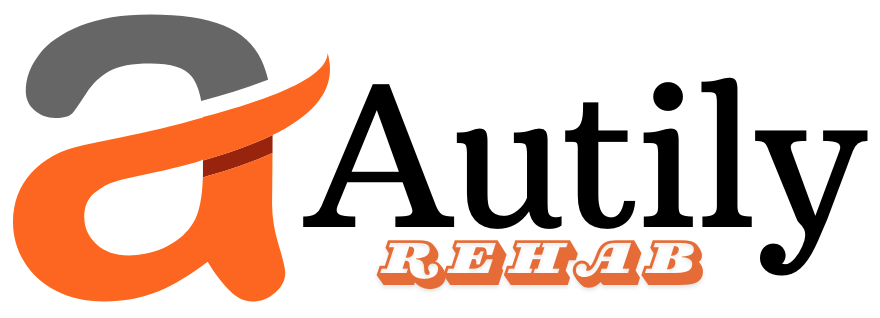Whether you are a child, teenager, or adult, our promise is to support you and your family’s desire to live full and happy lives.
It all starts with a belief in the everyday possibilities because every person has the right to communicate their needs and have choice and control in their life.
Sometimes a person living with a disability responds to their environment or communicates their needs by using behaviors that challenge. These behaviors can lead to frustration, fractured relationships, and the use of restrictive practices in an attempt to stop the behaviors.
Positive Behaviour Support (PBS) is a person-centered therapy approach that involves working closely with the person with a disability and their supports, to understand what triggers their challenging behaviors, so that the best strategies can be provided to reduce and/or eliminate those behaviors.
Under a NDIS plan, funding must exist under Improved Relationships to access this therapy.
To make a referral, click the button below to complete our online referral form and one of our team members will contact you shortly to discuss the next steps.
We Think Differently About Behaviours
Our Behaviour Support Practitioners are specially trained Occupational Therapists, Mental Health Nurses, Social Workers, and Developmental Educators who are passionate about supporting children and adults who use challenging behaviors. We think differently and approach their work with compassion and curiosity to unpack why these behaviors occur.
We see every person as capable of enjoying everyday life with the right supports and strategies. It is a journey that starts with:
- Individualised support – working with the person and the key people in their life to gain an understanding of them and where they spend their time
- Identifying when and why challenging behaviours occur
- Identifying what will build their skills and confidence enough to reduce the use of these behaviours
- Promoting and embedding positive experiences in the person’s daily routine, such as community presence and participation
- Building the capabilities of their family and key supports to achieve the outcomes that are important to them
- Collaborating with the person and their trusted support team on the development of a Positive Behaviour Plan
These strategies aim to eliminate or reduce restrictive practices safely, to improve the quality of your life and of your key supports’.
